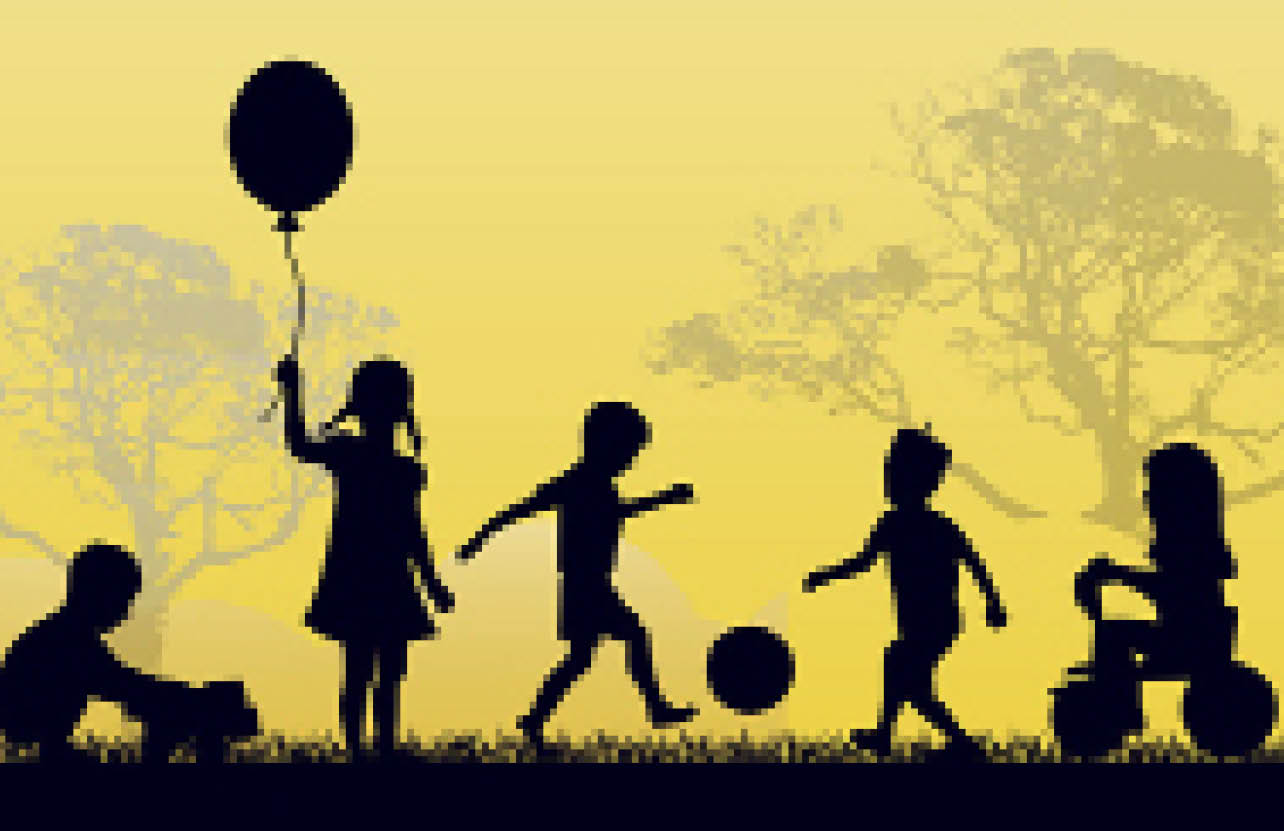Nigeria joined the rest of the world on Sunday, November 20, to commemorate this year’s World Children’s Day. The theme of this year’s commemoration is ‘Inclusion for Every Child’.
It was on November 20, 1959. that the United Nations General Assembly adopted the Declaration of the Rights of the Child. It was also on the same date in 1989 that the UN General Assembly adopted the Convention on the Rights of the Child.
According to a new UNICEF report published ahead of World Children’s Day, discrimination against children based on ethnicity, language, and religion is rife in countries worldwide.
The report titled ‘Rights denied: The impact of discrimination on children’, revealed the extent to which racism and discrimination impact children’s education, health, access to a registered birth, and a fair and equal justice system, and highlights widespread disparities among minority and ethnic groups.
Group to train 1m youths in software development
Social justice key to sustainable peace, progress, development – NLC president
Discriminating against children based on their identity – including their nationality, ethnicity, language and religion – is a breach of international human rights law and a violation of their rights. The right for all children to equality and non-discrimination is at the core of the Convention on the Rights of the Child and its Article 2 which sets out the right.
The report, which was published by UNICEF found that many of the barriers children face in accessing services, resources and equal opportunities are not simply due to accidents of fate or a lack of resources.
“They are the result of laws, policies and social practices that leave particular groups of children further behind. Children are dependent on adults to voice their complaints and have little recourse to independently challenge discrimination.
“Discrimination fosters exclusion with negative impacts on entire societies. Exclusion and discrimination breed grievance, xenophobia, hate crimes and conflict – including the targeting of ethnic or religious minorities, migrants and other marginalized groups.”
The report further revealed that children who are discriminated against are restricted from exercising and claiming their civil, political, economic, social and cultural rights.
“When they reach adulthood, they are further restricted from economic, political and social institutions. Discrimination has long-term intergenerational consequences as well, as its impacts often perpetuate from one generation to the next.
“This is an age of increasing division, with mounting impacts of climate change, and ongoing effects of the COVID-19 pandemic that has exposed pre-existing systemic racism and discrimination in children’s lives. A true commitment and sustained action to fight discrimination and ensure inclusion for every child must be realized,” the report added.
UNICEF has called on governments, international partners, the private sector, and communities around the world to stand up for children everywhere – and commit to building a world free from discrimination, for every child.
In a statement to mark the World Children’s Day, it said among the new findings, the report showed that children from marginalized ethnic, language and religious groups in an analysis of 22 countries lag far behind their peers in reading skills. On average, students aged 7-14 from the most advantaged group are more than twice as likely to have foundational reading skills than those from the least advantaged group.
The statement said Nigeria has 18.3 million children who are not in school, and a high number of children attending schools but not getting a solid education that can translate into good prospects for their future.
While this crisis affects children across the country, girls, children with disabilities, children from the poorest households, street children, and children affected by displacement or emergencies are affected the more.
UNICEF Executive Director Catherine Russell said, “Systemic racism and discrimination put children at risk of deprivation and exclusion that can last a lifetime. This hurts us all. Protecting the rights of every child – whoever they are, wherever they come from – is the surest way to build a more peaceful, prosperous, and just world for everyone.
She said every day, every child has the right to be included, to be protected, and to have an equal chance to reach their full potential. “All of us have the power to fight discrimination against children – in our countries, our communities, our schools, our homes, and our hearts. We need to use that power,” Russell said.
Archibong Anderson, Secretary-General, National Council of Child Rights Advocates of Nigeria, said if the five groups responsible for the protection of the child are up and doing “we may have little or nothing to worry about the protection of children.”
He said the groups are: the family, community, institutions, government and international and national non-governmental organisations.
Kola Olatosimi, founder of the Child & Youth Protection Foundation, said translating child rights principles into practice requires actions and leadership by government.
“We can only achieve little without the full involvement of the government on the issues of child rights, and ensuring respect for the fundamental rights of children which is more than signing legislation that provides for the rights of children, but also involves making budget allocations available at the appropriate time.
“We must be deliberate about the rights of children as a nation and all levels of government must be fully involved. Children in Nigeria deserve the best and we must wake up to ensure that we protect all rights of children,” he said.

 Join Daily Trust WhatsApp Community For Quick Access To News and Happenings Around You.
Join Daily Trust WhatsApp Community For Quick Access To News and Happenings Around You.



